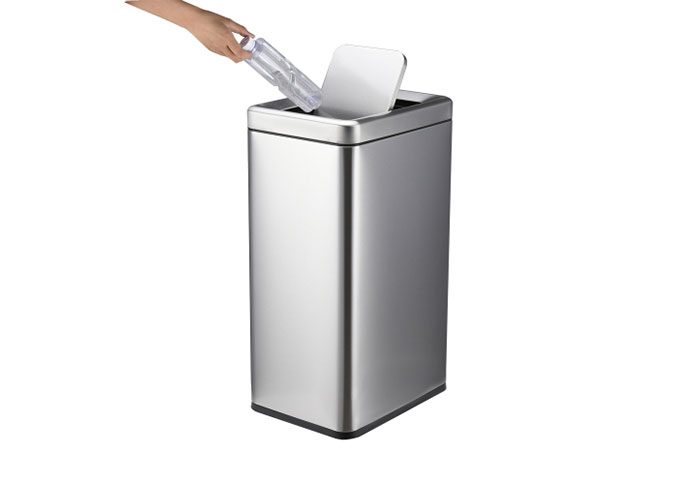Businesses embrace sustainable commercial bins
Businesses Embrace Sustainable Commercial Bins
In today's rapidly changing business environment, businesses are under increasing pressure to operate in a sustainable manner. One area that has received significant attention is waste management, and specifically, the use of sustainable commercial bins. In this article, we explore how businesses are embracing these eco-friendly bins and the impact they are having on operations and the environment.
The Rise of Sustainability
In recent years, there has been a growing focus on sustainability across all industries. Businesses are realizing that operating in a sustainable manner not only benefits the environment but also enhances their reputation, attracts customers, and drives innovation. As a result, waste reduction and recycling have become key objectives for many businesses.

The Role of Sustainable Commercial Bins
Sustainable commercial bins play a crucial role in meeting these objectives. These bins are designed to minimize their environmental impact while also meeting the practical needs of businesses. They are often made from recycled or biodegradable materials and can be equipped with features such as composting bins for organic waste or recycling bins for paper, plastic, and glass.
Benefits to Businesses
Embracing sustainable commercial bins provides businesses with a range of benefits. Firstly, it helps to reduce waste, which in turn lowers costs associated with disposal and landfill fees. By recycling and composting, businesses can also reduce their carbon footprint and contribute to a greener environment. This aligns with growing consumer expectations and can enhance a company's brand image.
Secondly, sustainable bins encourage employees and visitors to recycle and reduce their waste production. Awareness programs and signage placed next to the bins can further promote this behavior change within the workplace. This not only benefits the environment but also helps to create a positive culture of sustainability within the organization.
Finally, sustainable commercial bins can also improve operational efficiency. Smart bins, for example, can monitor their fill levels and alert staff when they need to be emptied, ensuring that bins are always available when needed. This can reduce the time and effort required for janitorial staff to manage the bins, allowing them to focus on other tasks.
In conclusion, businesses are increasingly embracing sustainable commercial bins as a key component of their waste management strategy. These bins not only help to reduce waste and lower costs but also align with growing consumer expectations and contribute to a positive culture of sustainability within the organization. As businesses continue to prioritize sustainability in their operations, the use of sustainable commercial bins is likely to become even more widespread in the future.
